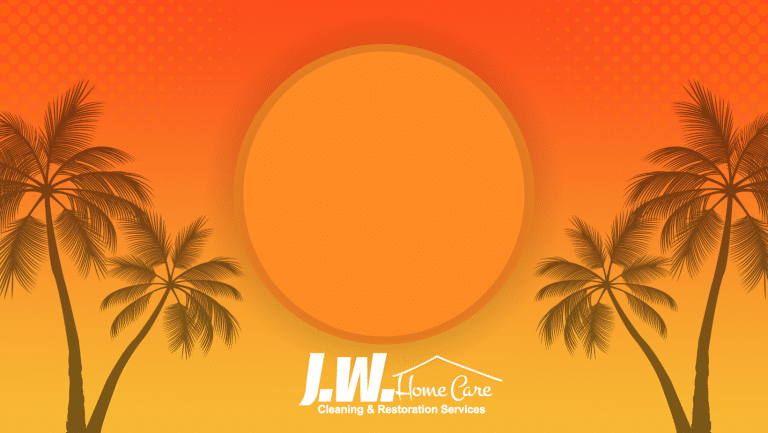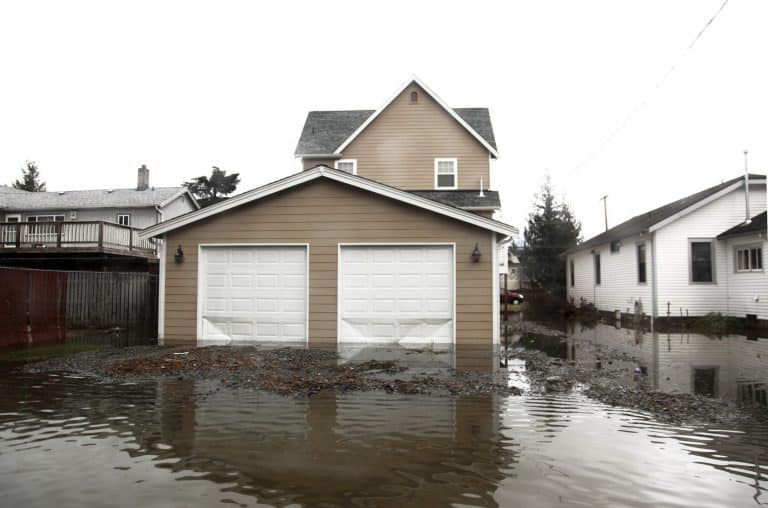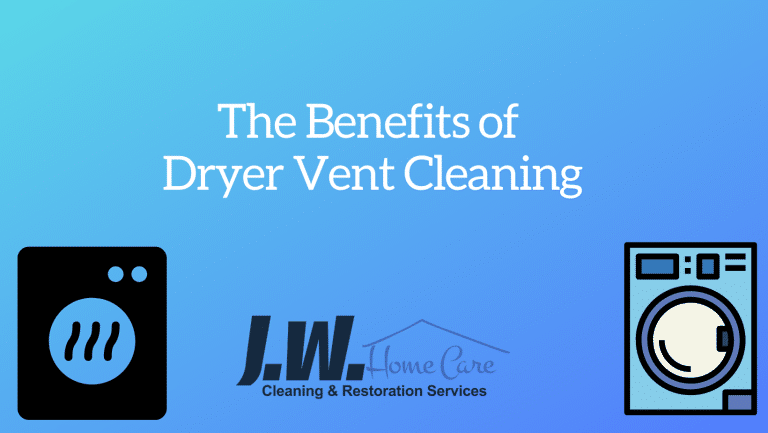What is a Fixer-Upper House and What are its Pros and Cons?
Let’s Find Out
Fixer-upper houses have become popular in the common era. Many people love these types of houses for various reasons. However, the main reason many people prefer these houses is that they are cheaper. Therefore, in a world where life has become harder, it becomes imperative to look for a house you can manage to pay for. The confusing aspect is how to differentiate a fixer-upper house from other houses. In this article, we focus on answering the question, “What is a fixer-upper house?” We shall also discuss the pros and cons of a fixer-upper house.
A fixer-upper house is a house that requires repairs. It may not be in its best condition but it can still work for you if you are ready to do some renovations on the property. This means that fixing up your dream home will take less effort and money than purchasing an already finished product; thus, making fixer-upper houses cheaper.
It is worth noting that a fixer-upper house can be lived in “as is”. However, it will have some unsightly features that need some attention to get repaired.
Are you wondering how you will fix either your fixer-upper house or home damaged by water? At JW Home Care, we have experienced experts in home restoration. Schedule an appointment with us for the best home restoration services.
Factors to Consider before buying a fixer-upper home
You don’t just buy a house because other people are buying. It is important to consider your unique factors which will then serve as a guide for you to either buy or not buy the home. When it comes to fixer-upper houses, there are four critical factors you should consider before buying one. However, it’s possible to buy a fixer-upper house with no money.
Here are the factors to be considered:
- Financing options
- Budget for repairs
- How much you can afford
- Home inspection
Financing options
Although fixer-upper houses are low-priced, there is a considerable amount to be paid to own one. Therefore, you need to figure out how you will pay for the home and the repairs. One of the factors that will guide you determine how you will finance the house is your credit score. It is the credit score that will determine if you can get a home loan or mortgage from a bank.
There are three common ways people tend to finance their homes and repairs: personal loans, credit cards, or renovation loans.
Personal loan
Most people with good credit scores tend to use personal loans to finance their homes. However, if you decide to go this way, you will have to get a mortgage for the fixer-upper house and a separate home improvement loan. The home improvement loan will cater for the repairs which are not covered in the mortgage. It’s worth noting that home improvement loans are unsecured.
Personal loans are, therefore, good for those who want to finance their home repairs separately. Before using this approach, you should ensure you qualify for the loan amount needed for your fixer-upper house.
Credit Cards
Using credit cards is the best way for those looking for capital to finance home repairs. Most home improvement credit cards can be applied from home improvement stores. The common stores with such credit cards are Lowe’s and Home Depot.
Renovation Loans
The advantage of a renovation loan is that it allows you to buy and renovate your fixer-upper home with a single mortgage. What do you stand to gain when you do it this way? You will understand that you cut on the interest incurred when you are expected to pay for different loans. Thus, this approach s a form of debt consolidation for your home.
Some of the common home renovation loan lenders are Fannie Mae HomeStyle Loan and the Federal Housing Administration 203(k) standard loan.
Budget for Repairs
The other factor you should consider before deciding to buy a fixer-upper house is the repair budget. This is because you will need to find the money required for renovation. It would be a major financial burden if you end up spending more than what your budget can afford.
The best strategy here is to prioritize the repairs that are necessary and then set aside some funds for those which are not urgent at this point in time.
How much you can afford
Fixer-upper houses come at different prices. Therefore, it is important how much you can afford. The last thing you want is to buy a house that stretches your financial limits.
Your loan program will also determine how much you can borrow. Ensure the amount of money available for renovation and repairs falls within your budget so as not to stretch yourself financially after purchase.
The other factor here is whether or not you have enough cash in hand, and if you can use it to invest in the house. It is at this point that your needs must be prioritized if you are on a low budget. Consider what must be done first.
Home Inspection
A home inspection is an important factor when buying a fixer-upper house. Home inspection allows you to identify issues with the house that can be expensive and time-consuming.
If a home inspector finds any serious problems, then it’s probably best not to buy this property as it may have an unforeseen impact on your finances for years ahead. This is especially true if you do not intend to do all of the work yourself.
Pros and Cons of Fixer-Upper Houses
It is crucial to understand both sides of the coin regarding fixer-upper houses. This will guide you in making a decision on what type of house you need. Here are some pros and cons of fixer-upper houses you should bear in mind.
Pros
They are affordable
As already mentioned, fixer-upper houses generally cost less than homes that don’t need extensive repairs. The average cost of a move-in ready house is $250,495. In contrast, the average cost of a fixer-upper home is $199,819, a difference of $50,676. Therefore, fixer-upper houses are quite affordable.
Less Competitive
Fixer-upper houses are less competitive compared to move-in ready houses. The reason for this is that buyers in the market would prefer not to go through extensive repairs and renovations. They want homes that can be lived in immediately, without having to spend much on renovation costs.
Quality Control
You will be customizing and repairing the house based on how you want. Therefore, fixer-upper homes give you an opportunity to decide on the contractors, materials, and colours.
Cons
Lengthy Process
Repairing a fixer-upper house may be more time-consuming. You have to spend days, weeks or even months before the house is ready for you to move in. As you spend all this time repairing the house, the one who bought a move-in ready home will be enjoying his/her time in the home with the family.
Less Marketable
Because of its condition, fixer-upper homes are not as marketable compared to new houses. This means that it might take more effort and resources if ever you want to sell your home in future. On top of this, you will have to incur more costs advertising the home.
Unexpected Issues
Unexpected issues may arise in the course of repairing your home. You might realize that it is more expensive than you expected to repair certain parts of the house, or there are things in the structure that need changing to meet building codes and standards. Therefore, you will have to look for new means to finance the unexpected issues.
Wrapping Up
A fixer-upper house will save you some coins when it comes to owning a home. However, you will need to carry out some repairs on the house to get it in a proper shape. Some of the repairs you may need include water damage restoration and mold damage restoration.
If you need fast and guaranteed home repair services, don’t hesitate to schedule an appointment with us at JW Home Care in Ventura, California or call (805) 443-3232







